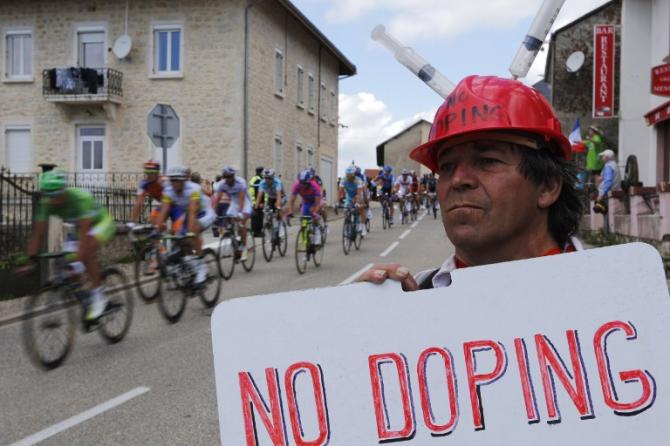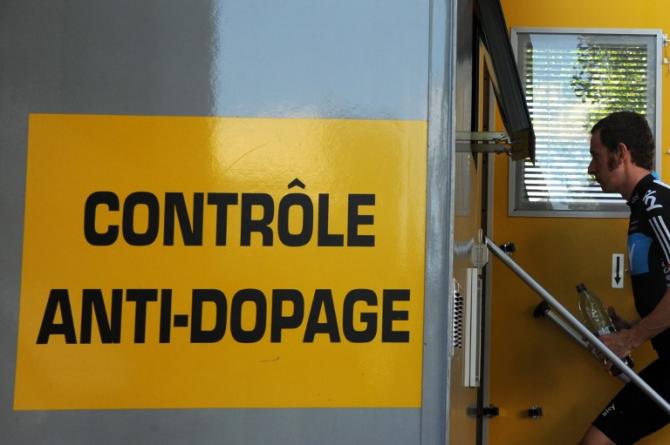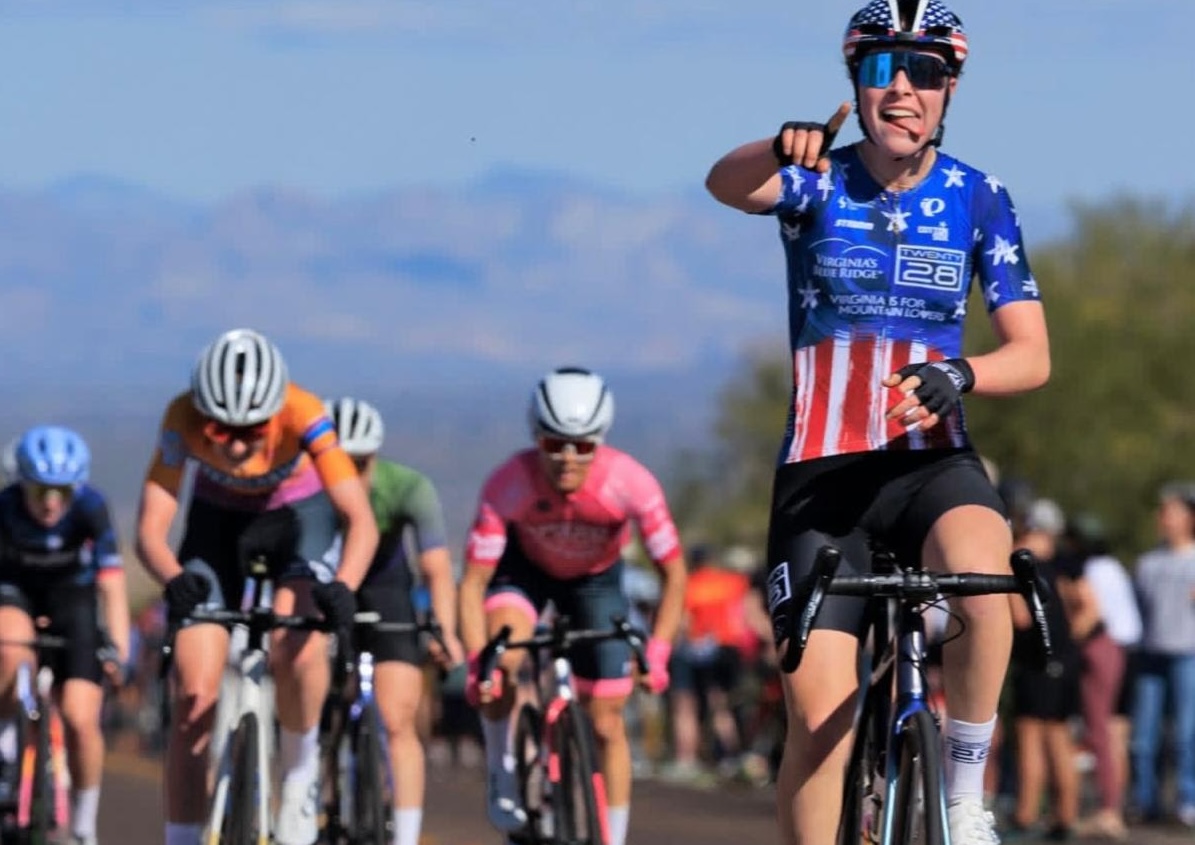Doping rampant amongst Dutch cyclists earlier, report says
Dutch Anti-Doping Commission says up to 95 percent of riders doped in EPO-era
The latest race content, interviews, features, reviews and expert buying guides, direct to your inbox!
You are now subscribed
Your newsletter sign-up was successful


The majority of Dutch cyclists in the late 1990s and early 2000s used doping products, the Dutch Anti-Doping Commission has found. Most of the riders felt they had to use doping products to protect their careers, and did so with or without team help, with doping “anchored” in Dutch teams after its introduction.
According to the Commission's report, issued Monday morning, its interviews “confirmed the suspicion that most of the peloton, and the Dutch part thereof, during the heyday of EPO (late nineties and beginning of this century) used doping. It is difficult to give percentages but a range of 80, 90 and perhaps 95 percent is in our eyes the truth."
Many of the riders felt they had no choice but to dope. “In their eyes, it was crucial to the success of their cycling career and simply to meet the basic expectations of the team management.”
The Commission talked to numerous persons within cycling, but did not give any names or even the number of persons it interviewed. Chairman Winnie Sorgdrager, a former Justice Minister, told nu.nl that “Many riders who came to us were very afraid, for some of the legal consequences We have offered these people protection and that includes that we say nothing about the number [of persons interviewed]...."
Pro cycling teams had a double standard, not to say a hypocritical, approach to the problem. After the doping scandals of the 1998 Tour de France, “they explicitly communicated a hard and clear anti-doping line. Both internally and externally it was made clear that doping (no longer) was tolerated. Positive tests would immediately lead to dismissal.
“The message of the management team to the riders was one of double standards. On the one hand, there was the explicit rejection of doping. On the other hand, the riders were reminded of their responsibility to the appropriate moments to 'be good' in the season. We suspect that both parties were fully were aware of the implications of this message.”
The involvement of the teams in the doping was not clear, though. “Through the interviews it became clear that the the role of the team management and team leaders is difficult to interpret. That is very dependent on the team, the people itself and the time period. The predominant view is that most Dutch teams did manage doping.”
The latest race content, interviews, features, reviews and expert buying guides, direct to your inbox!
The committee said that it “seems” that doping has decreased since 2009, but added, "It is probably a matter of time before something new comes up that is effective and not detectable."
The report makes various recommendations, such as warning young riders about the dangers of doping, changes in cycling's structure and stricter sanctions.
The Commission was established last December in light of various claims of doping within the earlier Dutch teams. Since then, Thomas Dekker, Steven de Jongh, Michael Boogerd and Danny Nelissen are amongst those who have publicly confessed to having doped.

